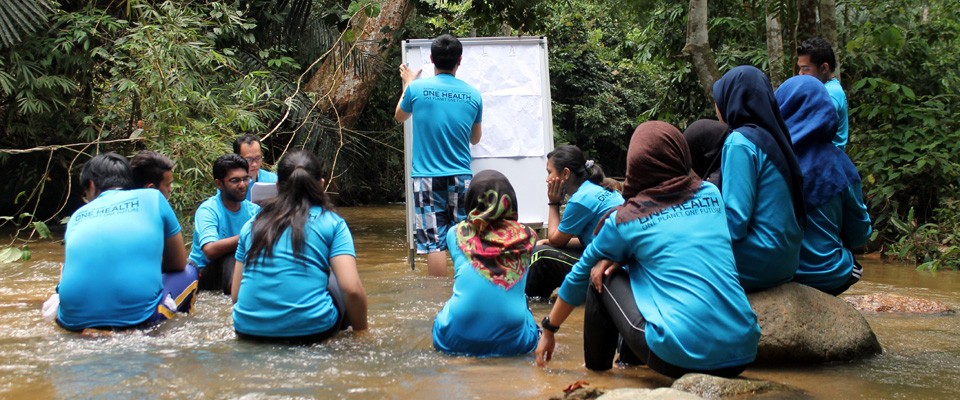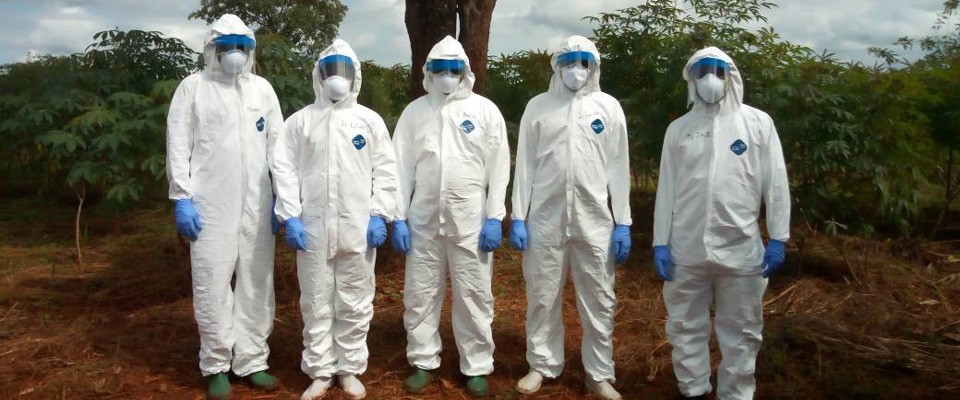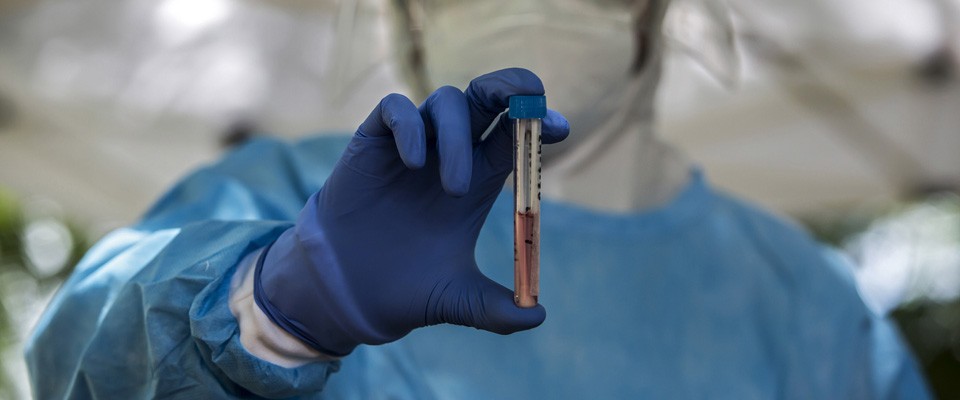- What We Do
- Agriculture and Food Security
- Democracy, Human Rights and Governance
- Economic Growth and Trade
- Education
- Environment and Global Climate Change
- Gender Equality and Women's Empowerment
- Global Health
- Humanitarian Assistance
- Transformation at USAID
- Water and Sanitation
- Working in Crises and Conflict
- U.S. Global Development Lab
-
Learn More
Partnering for a more secure world
-
Learn More
The Global Health Security Agenda
-
Learn More
Investing in the next generation of vaccines
Speeches Shim
Epidemic-prone infectious disease threats do not respect national boundaries and can spread rapidly, jeopardizing the health, security, and prosperity of every country — including the United States. This is why USAID has invested more than $1.1 billion since 2009 to ensure the necessary systems are in place to prevent, detect, and respond to epidemic-prone emerging and endemic disease threats wherever they exist.
The Global Health Security Challenge
Epidemic-prone infectious disease threats have the potential to endanger lives and disrupt economies, travel, trade, and the food supply. Outbreaks do not respect national boundaries and can spread rapidly jeopardizing the health, security, and prosperity of every country — including the United States.
Since the start of the 21st century, infectious disease outbreaks and epidemics have increased. The vast majority — more than 70% — of epidemic-prone infectious disease threats originate from animals, at a time when many people around the world are living in closer proximity to animals. These threats have manifested themselves over the past two decades in the form of more frequent outbreaks, including the ongoing COVID-19 pandemic — the most serious in a century. These outbreaks are a sobering reminder of how every country remains vulnerable to emerging diseases and reinforces the essential role of global health security efforts in our everyday lives.
Achieving global health security requires a sustained, coordinated, multisectoral approach that incorporates an understanding of the linkages between human, animal, and environmental health.
U.S. Government’s Commitment to Global Health Security
The United States — in close cooperation with its international partners — prevents, detects, and responds to infectious disease threats at home and abroad. USAID plays a critical role in coordinating U.S. Government global health security efforts among other departments and agencies, with donors and multilateral organizations, and through our long-standing partnerships with developing countries.
In 2019, the U.S. Government released the Global Health Security Strategy [PDF, 415K] to outline its approach to strengthen global health security — including accelerating the capabilities of targeted countries to prevent, detect, and respond to infectious disease outbreaks. As a contribution to the Global Health Security Strategy, USAID partners with the Department of State, Department of Health and Human Services, the Centers for Disease Control and Prevention, and other departments and agencies to implement the Global Health Security Agenda (GHSA), an international initiative to advance health security priorities multilaterally, bilaterally, and domestically. The GHSA brings together countries, international and non-governmental organizations, and the private sector to work toward common goals for global health security.
USAID’s Approach
Since 2009, USAID has invested more than $1.1 billion to strengthen the capacities of partner countries to reduce the risk and impact of emerging infectious disease threats and outbreaks.
To achieve this objective, USAID works to ensure the necessary systems and knowledge are in place to:
- Prevent avoidable outbreaks;
- Detect threats early; and
- Respond rapidly and effectively when outbreaks occur.
USAID’s Global Health Security Program invests in "One Health" approaches that recognize that the future well-being of humans, animals, and the environment are inextricably linked. It includes projects that strengthen the capacity of partner countries to understand and address the risks posed by zoonotic diseases that are spilling over from animals to humans and causing epidemics; strengthen national laboratory and surveillance systems; train the next generation of health workers in “One Health” capacities; improve risk communication to inform the public and health workers on infection prevention and control; address the rising threat of antimicrobial resistance; promote innovation in vaccine development; and conduct research into new and emerging viruses.
In the News
- USAID Announces New $100 Million Project to Anticipate Threats Posed by Emerging Infectious Diseases
- U.S. Government Releases its Annual Report on the Progress and Impact of its Investments in the Global Health Security Agenda
- Acting USAID Administrator John Barsa on the Global Health Security Agenda
- USAID Welcomes the Official Declaration of the End of the Ebola Outbreak in the Eastern Democratic Republic of Congo
- USAID: Investments in Global Health Security by the U.S. Agency for International Development




Comment
Make a general inquiry or suggest an improvement.